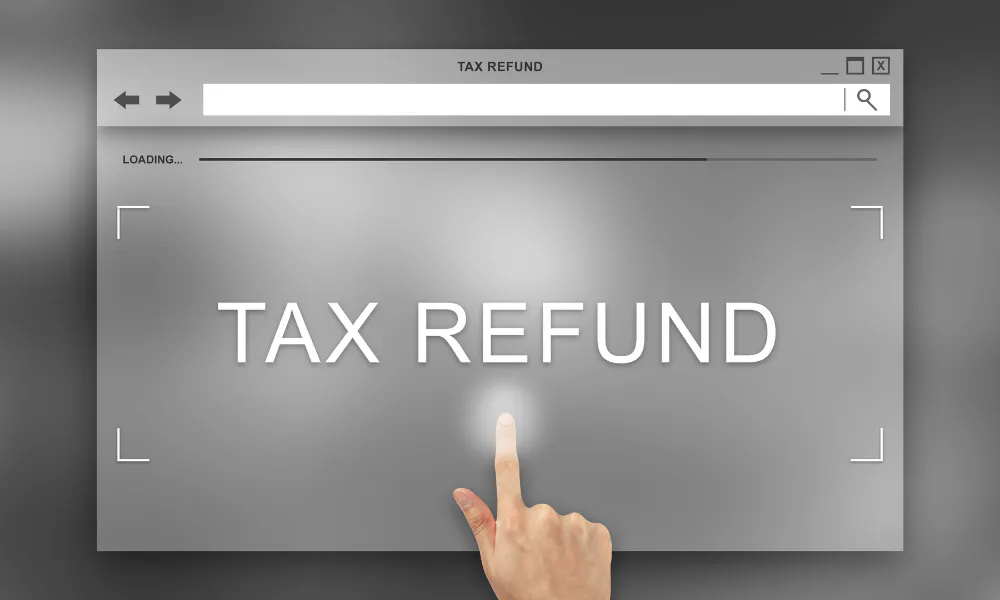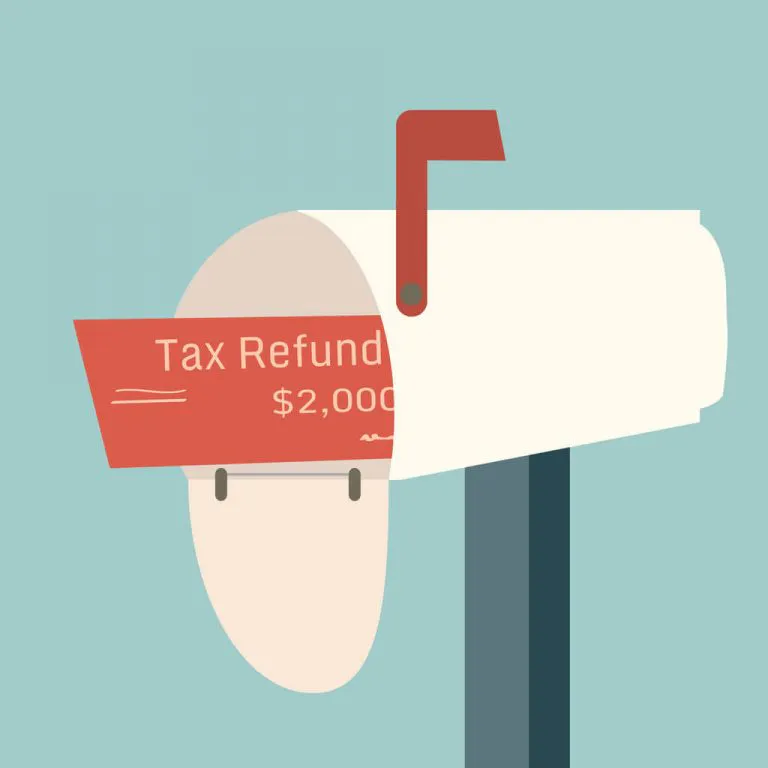Table of Contents
ToggleWe know tax law can be tricky, but we want to start off with some words of comfort: lots of people are in line to receive delayed tax refunds this year. It might not be for the reasons you think, though.
- The stimulus payment and the extended tax filing deadline do not have any impact on the timing of refunds
- Your stimulus payment is an advance tax credit for the tax year 2020
- Your 2019 tax refund is for overpayment of taxes in 2019
The IRS began accepting 2019 tax returns on January 27, 2020. The first refunds in the nation were processed and issues within three weeks (although most were received within 10-14 days) of acceptance.
Possible Reasons for a Late 2019 Tax Refund
There are a few common reasons that people receive late tax refunds. Remember that nobody can tell you– with certainty– why your tax refund is late or whether you should contact the IRS. You need to consult with a tax attorney to determine the best steps forward for your individual circumstances.
With all of that said, potential causes of a late refund include:
- Inaccurate information on your tax return – Sometimes it’s intentional, sometimes it’s not– unfortunately, either way, it’s going to lead to a late refund. Tax returns with numerical errors and other mistakes require that the IRS double-check those returns and look for mistakes. Sometimes, it’s a lengthy process
- Incomplete tax return – Incomplete returns generally trigger an IRS review and often necessitate that you send in the information you left out. Your return probably won’t be processed until every required item is checked off
- You are a victim of tax fraud – The IRS identified almost $16 million in fraudulent refund claims for the 2019 tax-filing seasons. Nearly 4,000 fraudulent returns have been associated with identity theft. If you believe that this may relate to your current status, you should get in touch with the IRS as soon as possible
- You amended your return – If you amended your return for any reason (even the ones listed above), it’s probably going to set back the day you can expect to receive your 2019 tax refund
- Your refund check was lost – Every year, the IRS tells us that there are billions’ of dollars worth of unclaimed tax refunds; checks go undelivered due to inaccurate or outdated mailing addresses, incorrect bank account numbers, and plenty of other reasons
What Should I Do If I Still Haven’t Received My 2019 Tax Refund?
Check Your Status on the IRS Website
Head over to the IRS Where’s My Refund? webpage first. In order to actually check your status, you’ll need three key pieces of information:
- Your social security number or ITIN
- Your filing status
- Your exact refund amount
Once you have these pieces of information, you can use the tool to determine your refund status. The bad news is that you won’t really get an explanation concerning why your payment is (or might be) delayed. The good news is that you’ll have more information than when you started the process.
Sometimes, the Where’s My Refund? webpage advises users to contact the IRS about their refund. If you believe your refund is delayed, you should follow the advice. An IRS agent might be able to answer your questions and give you more details over the phone. Just be sure you don’t call the IRS unless:
- It’s been at least 21 days since you e-file OR
- It’s been 6 weeks or more since you mailed your return OR
- The Where’s My Refund? webpage tells you to get in touch with the IRS
Don’t Be Afraid to Follow Up!
We aren’t condoning hassling the IRS. However, if you’ve already been in touch about a possibly delayed return and you still aren’t sure what’s going on, it doesn’t hurt to get in touch again. Some problems persist despite an agent’s best efforts to fix them.
Even simple factors, like website glitches and system errors, can hold up people’s refunds. Don’t be scared to call the IRS to ask about your refund– it’s possible that you haven’t even made a mistake.
I Want to Get My 2020 Tax Refund Faster — What Should I Change Next Year?
If you’re hoping to get next year’s tax refund sooner than this year’s, there are some steps you can take to help expedite the filing process and the waiting period after.
The first general piece of advice is to file your return as soon as the IRS allows it. This positions you at the front of the line for your refund– and when people file early, they generally get their refunds quickly.
The steps below could help you improve your filing methods next year and help you get your return faster:
- Avoid filing on paper if you can – Most paper returns are processed within six to eight weeks. When people file electronically, their returns are usually processed in roughly three weeks
- Opt for direct deposit – The IRS can send you a check or deposit your refund amount into a bank account. If you want to cut down on the amount of time it takes to receive the refund, choose to be paid through direct deposit. You won’t need to wait for a paper check in the mail
- Track your status right away – If issues are going to arise with your return, you’ll know sooner rather than later; this also makes it easy to see when you’ve waited longer than 21 days (or six weeks– if you mailed your return) for a refund
Still Waiting for Your 2019 Tax Refund? Get in Touch With Silver Tax Group
At Silver Tax Group, our team of skilled tax attorneys is dedicated to helping clients pursue what they deserve. We’re prepared to assist individuals who have not received their 2019 tax refunds– and our team can help you contact the individuals and entities that will offer more insight.
If you’d like to know more about why you haven’t received your 2019 tax refund, get in touch with us today. You can take advantage of a free consultation with a tax professional prior to partnering with an attorney.

















